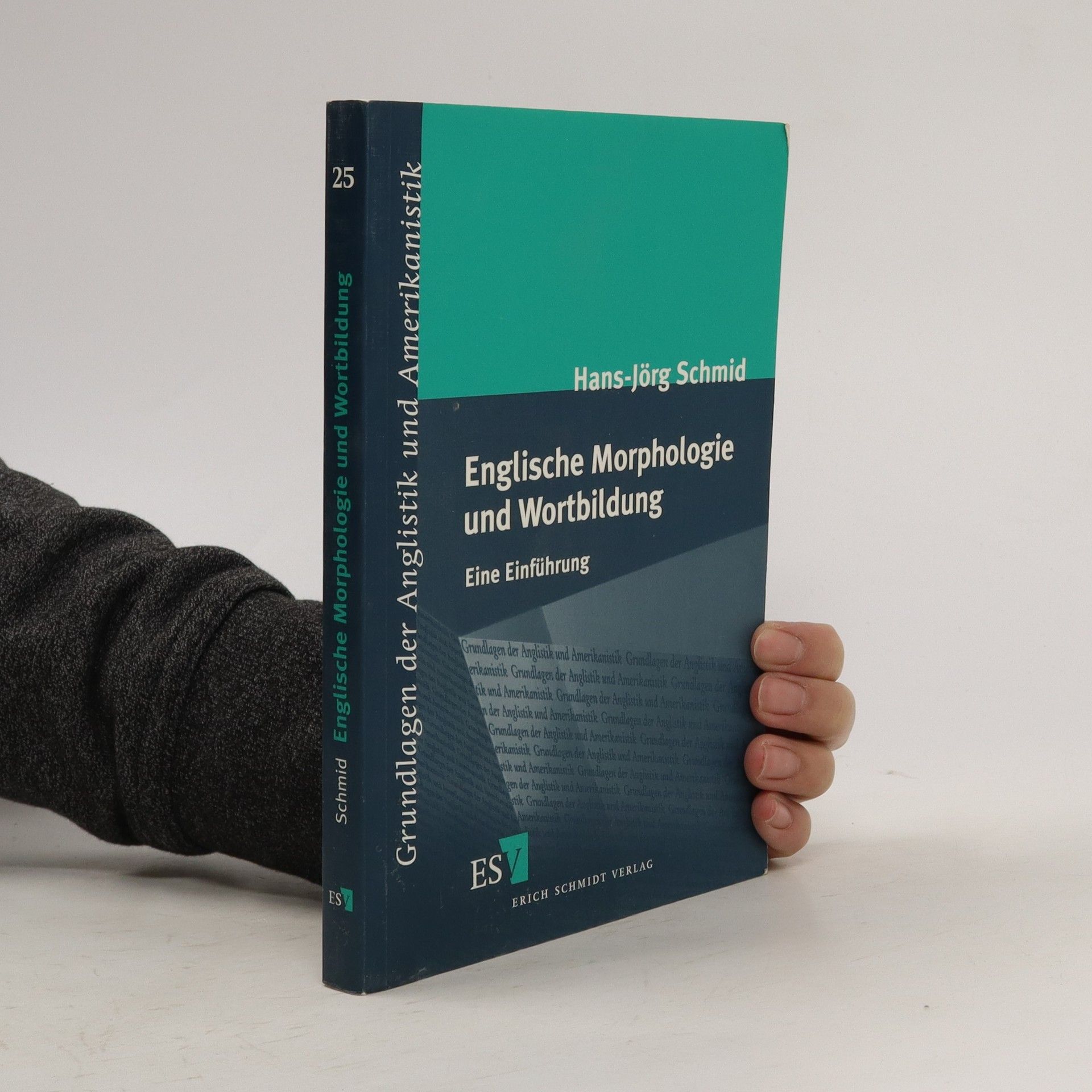Die Wildbakers gehen auf Tour. Nach dem Erfolg von Wildbakers „Von zweien, die auszogen, das perfekte Brot zu backen“ legen Johannes Hirth und Jörg Schmid nach und machen sich auf, zu den besten regionalen Back-Spezialitäten in Deutschland und Nachbarn. Dabei stellen sie neben den von uns allen geliebten Klassikern wie Bauernbrot, Pumpernickel, Baguette und Schüttelbrot auch immer ihre eigene Variante desselben vor: Aber Vorsicht! Wer mit den Wildbakers beispielsweise in Bayern unterwegs ist, bekommt nicht einfach eine Brezel, sondern darf sich auf Weißbierbrot oder Craft Beer Buns gefasst machen. Wer ihnen nach Italien zum Ciabatta folgt, findet auch Wildbaker-Varianten für Chinaböller, Panettone oder Vinschgauer. Und aus Bingen kommt die „Wilde Hilde“ und aus Bautzen der „Bazi to Go“. Unterwegs zwischen Nordsee-Deich und Adria-Küste sind sie dabei mit ihrem gelben Wildbakers-Mobil, einem geliebten alten Muscle Car. Und falls das mal liegen bleibt, setzen die Wildbakers auf baking unplugged, fachen ein Feuer am Wegesrand an und backen auch mal ohne Herd.
Jörg Schmid Book order (chronological)




Englische Morphologie und Wortbildung
- 247 pages
- 9 hours of reading
Das Buch führt schrittweise in die Grundbegriffe der englischen Morphologie und Wortbildung ein und fasst den aktuellen Forschungsstand gut verständlich zusammen. Besonderes Augenmerk wird dabei auf eine präzise Ausdifferenzierung der Begriffe gelegt, um ein Bewusstsein für terminologische Grauzonen und Übergangsphänomene zu schaffen. Neue Sichtweisen zu einer Reihe von Themen, u. a. zum Verlauf der Etablierung neuer komplexer Lexeme, zu den kognitiven Funktionen der verschiedenen Wortbildungsmuster und zur Konversion, runden die umfassende Darstellung ab. Studierenden der Anglistik und Linguistik kann das Buch neben der Einführung in die Materie somit auch zur Vorbereitung auf Prüfungen, als Hilfsmittel für Seminar- und Abschlussarbeiten sowie dank seines umfangreichen Sach- und Morphemregisters auch als Referenzwerk dienen. Praxisbezug und Aktualität werden durch den Einsatz von authentischem Korpusmaterial gewährleistet, das nicht nur laufend zur Illustration dient, sondern auch für Angaben über die Vorkommenshäufigkeit morphologischer Phänomene in verschiedenen Textsorten ausgewertet wird. Dies ermöglicht eine Erweiterung der in der Morphologie traditionell dominierenden strukturellen Perspektive in Richtung moderner soziopragmatischer und kognitiv-linguistischer Ansätze.
Sachenrecht - 2. Auflage
- 480 pages
- 17 hours of reading